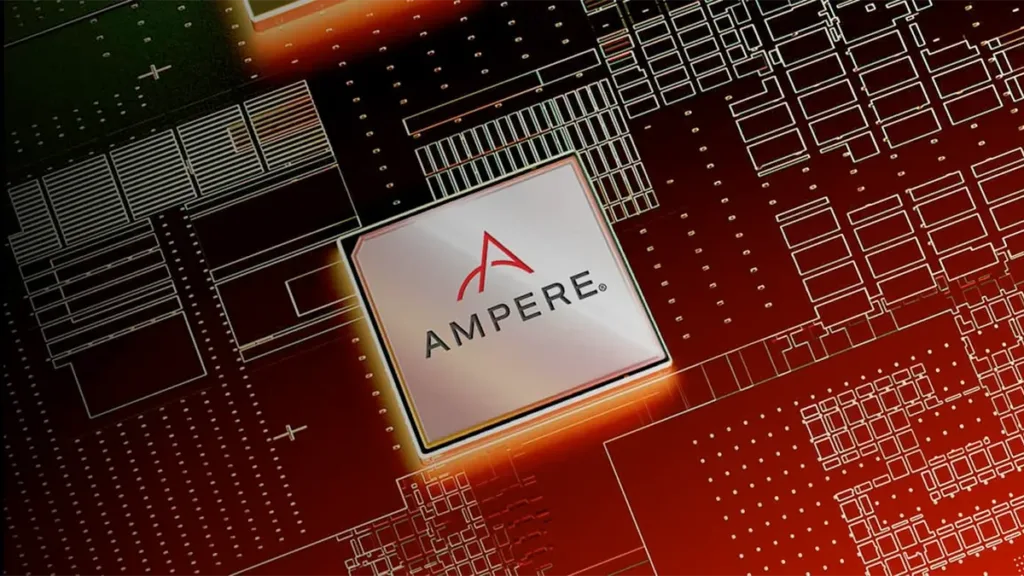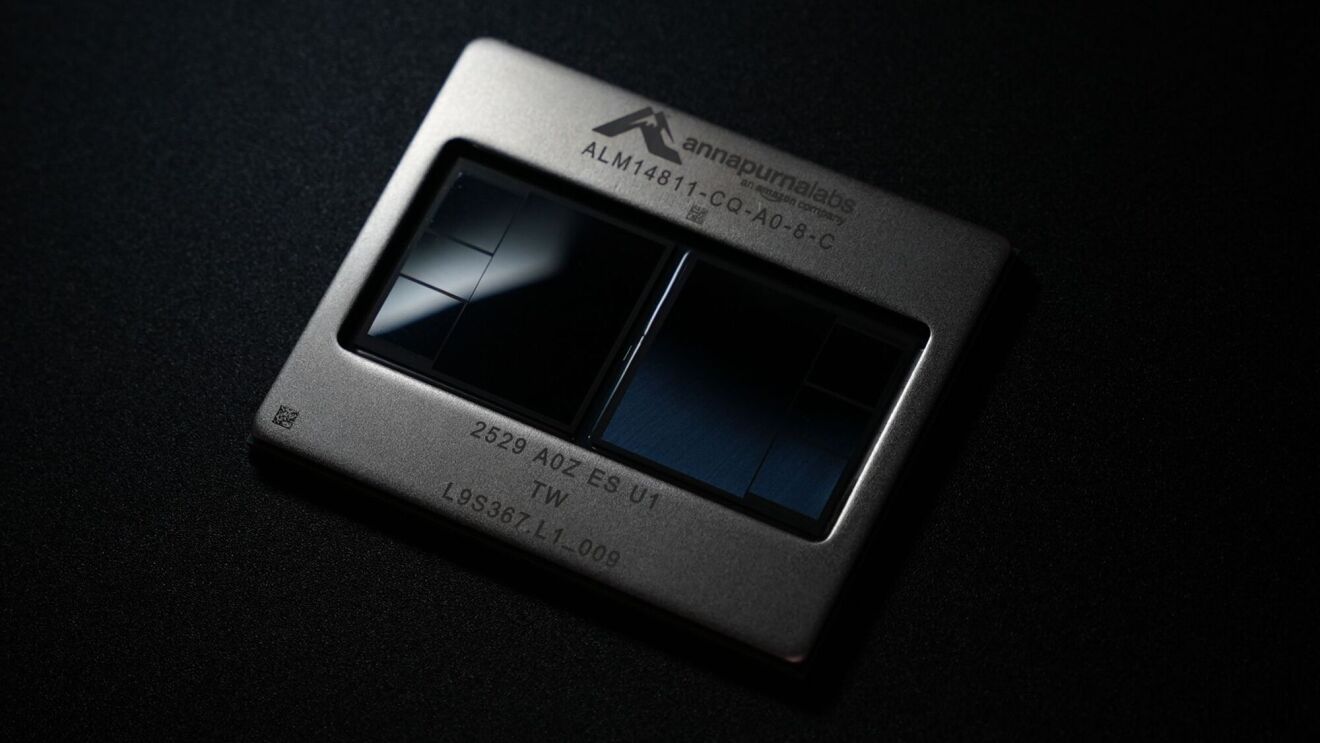Ampere Computing, the leading vendor of server processors based on the Arm architecture, is reportedly exploring a sale, signaling a strategic pivot amidst increasing competition in the market for alternative server processors.
According to Bloomberg, the company has engaged a financial adviser to field acquisition interest from larger industry players as it faces challenges in pursuing an IPO.
Who is Ampere Computing?
Ampere Computing was founded in 2017 by former Intel executive Renee James. The company specializes in designing energy-efficient, high-performance processors based on Arm architecture for cloud and data center applications. In 2021, the company was valued at $8 billion following a minority investment from SoftBank Group.
CSPs move to In-House Designs
Every major CSP, except for AWS, currently offers products based on the company’s technology. AWS also offers Arm-based products, but those are based on its internally developed Graviton processors. However, that’s starting to change as the cloud providers are moving to internally developed Arm-based processor designs.
This is part of a broader trend towards vertical integration and reducing reliance on third-party chip suppliers. By controlling their own processors, the CSPs gain control of the roadmap and supply chain and, most crucially, reclaim margins that would otherwise flow to companies like Ampere.
Over the past year, Microsoft and Google Cloud have announced that they are each designing their own Arm-based solutions. Microsoft is building a part it calls “Cobalt,” while Google’s is called “Axion.” If these processors replace Ampere in new instances, that will leave only Oracle Cloud and a few Chinese hyperscalers as Ampere’s only large customers—a severe negative impact for the company.
Extending vertical integration to processors and accelerators is part of the current CSP strategy. Beyond designing their Arm-based processors, AWS, GCP, and Microsoft are also developing silicon solutions for AI inference and training that compete with NVIDIA and AMD offerings in the space.
Where does Oracle Fit?
Much of the reporting about Ampere Computing highlights its strong symbiotic relationship with Oracle, one of its most significant customers and an investor.
Oracle is one of Ampere Computing’s key backers. Larry Ellison, Oracle’s co-founder and chairman, has played a pivotal role in Ampere’s growth. Oracle has reportedly invested more than $400 million in the company.
Oracle Cloud Infrastructure (OCI) relies on Ampere’s Arm-based processors to power its Ampere A1 compute instances, designed for cloud-native workloads, high-performance computing, and AI applications. The company has reportedly bought more than $100 million worth of Ampere processors.
Oracle’s relationship with Ampere becomes even more critical for both companies as other cloud providers develop their own Arm-based processors. If Oracle reduces its reliance on Ampere or sees Ampere sold to a competitor, it could disrupt Oracle’s cloud infrastructure plans.
Given Oracle’s heavy investment and dependence on Ampere processors, Oracle has a vested interest in Ampere’s future. As Ampere explores a potential sale, Oracle is likely to play a crucial role in any decision-making.
Analyst’s Take
The semiconductor industry is witnessing a shift, with major cloud providers like Microsoft Azure, Google Cloud, and AWS increasingly designing their own Arm-based chips to reduce reliance on external suppliers.
This puts pressure on Ampere, which has provided these companies with its processors. As cloud giants vertically integrate and focus on in-house solutions, Ampere’s long-term prospects as a supplier become more uncertain.
At the same time, there is little demand for Arm-based processors for more traditional on-prem servers from OEMs like Dell Technologies, HPE, and Lenovo. X86 processors from Intel and AMD dominate this world.
Ampere’s most recent valuation is estimated to be about $8 billion, making it affordable to a wide range of technology companies. Even so, there are only a small number of potential buyers.
Oracle could acquire the company, which would immediately give it an in-house-designed processor like its larger cloud competitors, bringing it to parity with those companies.
Qualcomm would be another potential buyer. Qualcomm already has significant expertise with Arm-based processors and has explored building Arm-based server processors. The company is also large enough to nurture the technology while it grows a market that extends beyond traditional cloud service providers into on-prem solutions where an alternative architecture makes sense, like edge applications.
While a dark-horse candidate, Apple would also be an interesting home for Ampere. Apple has in-house arm-based processors for its consumer products but is also building a server infrastructure that leverages those parts. Ampere Computing has strong, scalable server technology that could solve scalability challenges for Apple. Integrating Ampere’s IP, however, could be challenging. We don’t think this scenario is likely.
It’s also entirely possible that these rumors are unfounded, and Ampere Computing is doing just fine as it executes its current strategy. Only time will tell. In the meantime, we’ll keep watching.





